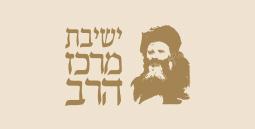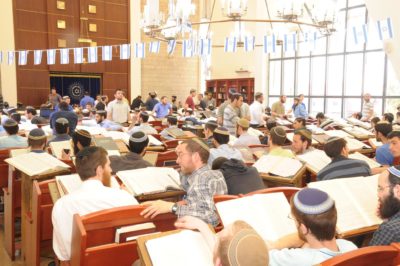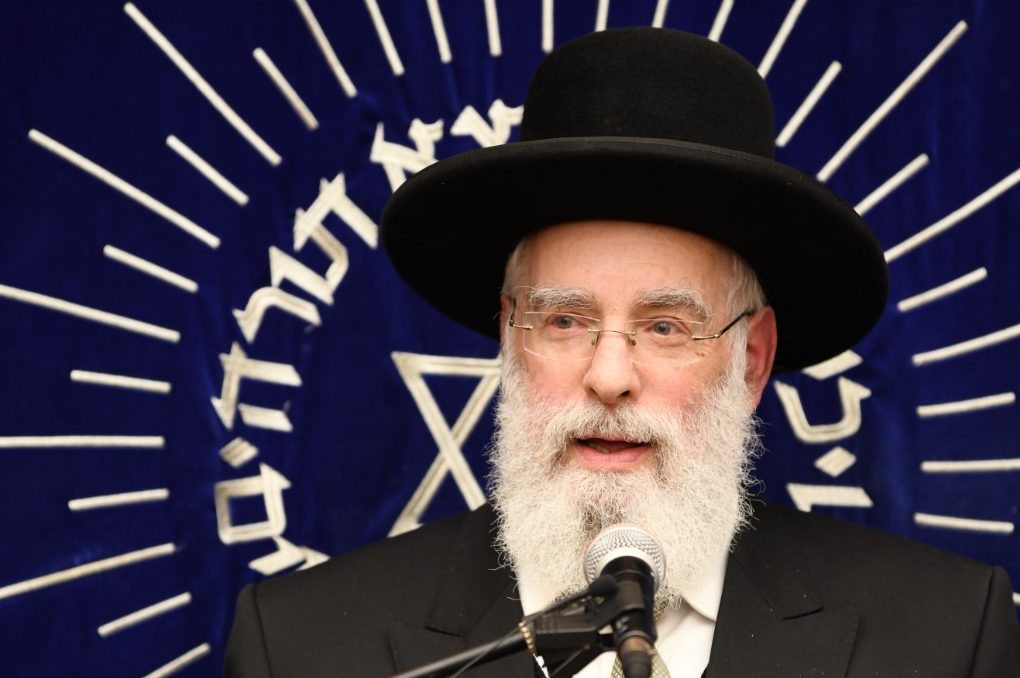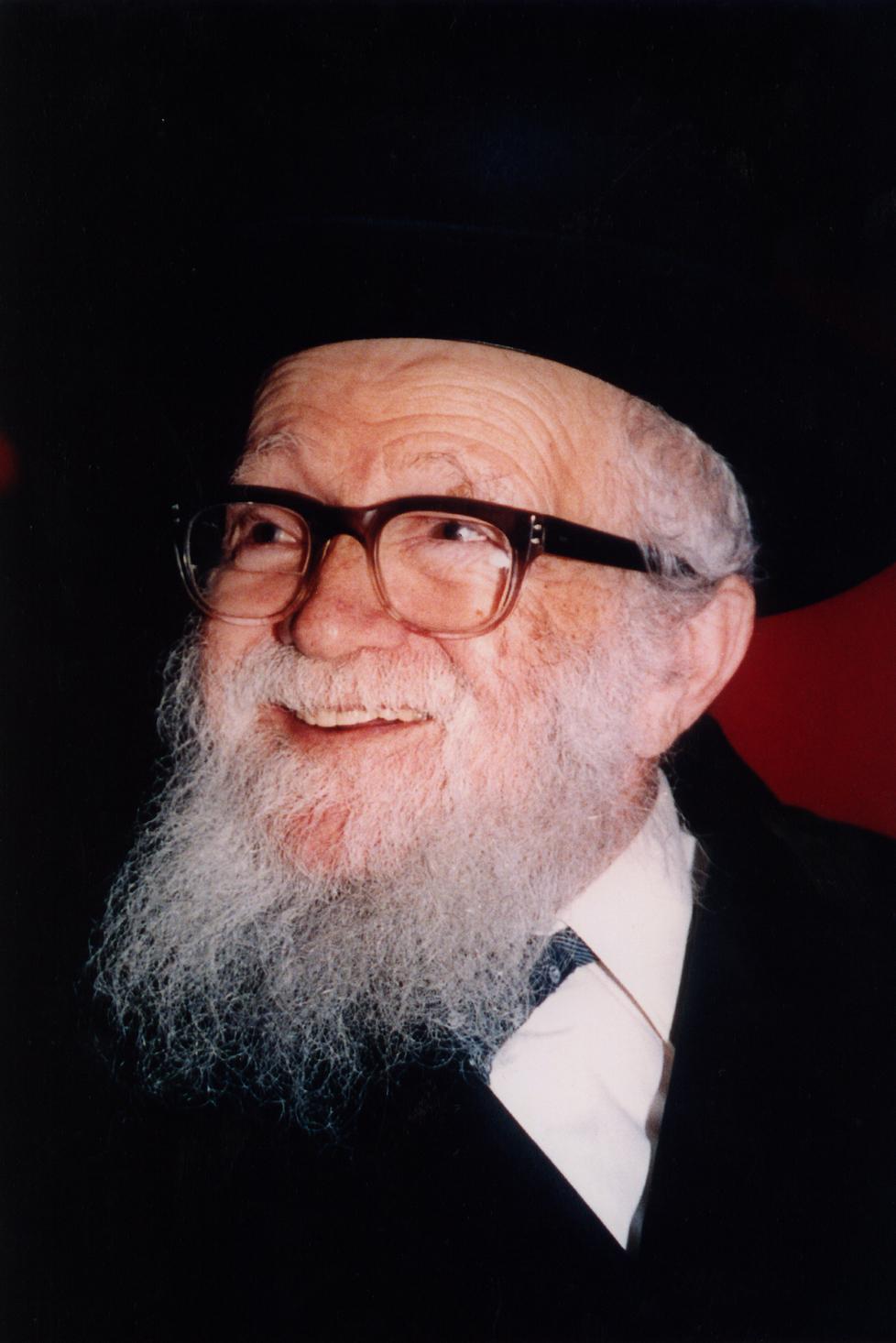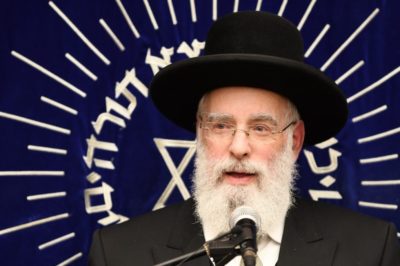To what extent do I view myself as part of the nation, feel responsible for my fellow Jews? These are questions we must ask ourselves.
This week’s parasha opens with a dramatic description of all of the Israelites, Am Yisrael, standing together as they are initiated into the brit, the covenant that will bind them to one another upon their imminent arrival in the land of Israel:
"You stand this day, all of you, before the Lord your God—your tribal heads, your elders and your officials, all the men of Israel, your children, your wives, even the stranger within your camp, from woodchopper to drawer of water."
The Ohr Hachaim questions the repetitive nature of these verses. Why was it necessary to specify the various groups of people who gathered together on that day? At first glance, it seems that the comprehensive formulation “all of you” that appears in the first verse should be sufficient. Why does the Torah go on to detail the many different subgroups of people?
To sharpen this question, let us add that we generally assume that the collective of Am Yisrael is far more significant than its individual parts, the objective status and holiness of each individual notwithstanding. In fact, Rav Zvi Yehuda Kook zts"l (Rosh Yeshiva of Merkaz Harav after the death of his father and called "the father of the settlement movement") used to say that in our tefilla on Shabbat, we mention four different levels of praising God: “By the mouth of the upright shall You be lauded, by the words of the righteous shall You be blessed, by the tongue of the devout shall You be exalted, and amid the holy shall You be sanctified”. However, the ultimate level of praising God – the one that exceeds the praise offered by the upright, the righteous, the devout and the holy, comes last – “and in the assemblies of the myriads of Your people”.
We see from the above that the ultimate praise is the praise offered by the collective community of Am Yisrael. Accordingly, what is the significance of the multiple subgroups of people listed in the opening section of our parasha?
The Ohr Hachaim explains that Moshe sought to establish the principle of mutual responsibility. The community of Am Yisrael is governed by a powerful reciprocal energy and each individual Jew is responsible for his fellow. This mandates that each person must try and reach out to his fellow, and do what he can to improve his mitzvah observance, because we are all culpable for one another.
In these verses, each person is listed twice – once as part of the collective nation, and once as part of his individual subgrouping. This teaches that God does not only judge each individual in his own right, for his own behavior, but He also assesses each person’s commitment to the collective, namely the extent in which he views himself as part of the greater body of Am Yisrael.
Each morning, we ask God in birkhot haTorah “please make it sweet [vehaarev nah]”. On a basic level, this berakha asks God to ensure that Torah learning, and Torah living, will be a pleasant and appealing experience. Homiletically though, this formulation also invokes the principle of reciprocity [areivut] that appears in our parasha. We aspire towards a Torah existence that is governed by a sense of areivut.
Beyond our individual life missions that are reflected through our personal goals and achievements, we aspire to be part of Am Yisrael. We do not want to operate within a limited vacuum of goodness; we want to remain connected to the greater whole and thereby influence “the assemblies of the myriads of Your people” through our actions and our way of life.
To what extent do I view myself as part of the nation? To what extent do I feel responsible towards my fellow Jews? These are the questions that we must ask ourselves.
Taking this concept one step further, the Gemara Sanhedrin notes that this brit of mutual responsibility took effect specifically after the nation crossed the waters of the Jordan. There is something exceptional about our national existence in the land of Israel that demands of us to live our lives with a heightened sense of mutual responsibility, with a sense of ‘all for one and one for all’.
If we look at our vibrant land, we see that this message continues to ring true today, perhaps more than ever before.

